Description
Latin Name : Thymus Vulgaris
Origin Country: Albania
Thyme is a traditional herb, also known as fennel, honeysuckle or thyme.The range of use of thyme in cooking is impressive. It is used as a spice in many cuisines and especially in the Mediterranean. Its taste is strong and slightly caustic.
In addition to its use in cooking, the herb also has an important reputation for its medicinal properties. It has antiseptic and antibacterial properties, which is why it has been used as a treatment for acne. Its various types have been widely used as a tea, tonic, antitussive and relief from flatulence. Specifically:
- It has tons of nutrients: Thyme is full of the volatile oil components carvacrol, borneol, geraniol, and thymol and has a lot of vitamin k, iron, manganese, and calcium.
- Great source of iron: Thyme is a fantastic generator of iron, supplying almost 20% of the suggested daily allowance for a grown-up per tablespoon.
- Boosts skin health: Herbs like thyme are believed to be gentler on your skin than other types of common skin products due to their anti-inflammatory components.
- Alleviates indigestion: Thyme tea is frequently recommended by natural healers to encourage good digestion and reduce gas and bloating.
- Helps with coughs and colds: Due to its antibiotic and antiseptic components, warm thyme tea sweetened with a little honey can be great for lowering fevers, sore throats, colds, and coughs.
- Thyme is also sometimes suggested to help alleviate arthritis and gout since it will help to clear excessive uric acid out of one’s system.



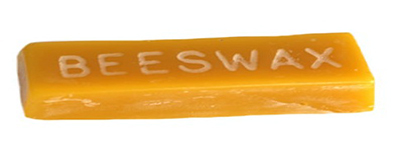

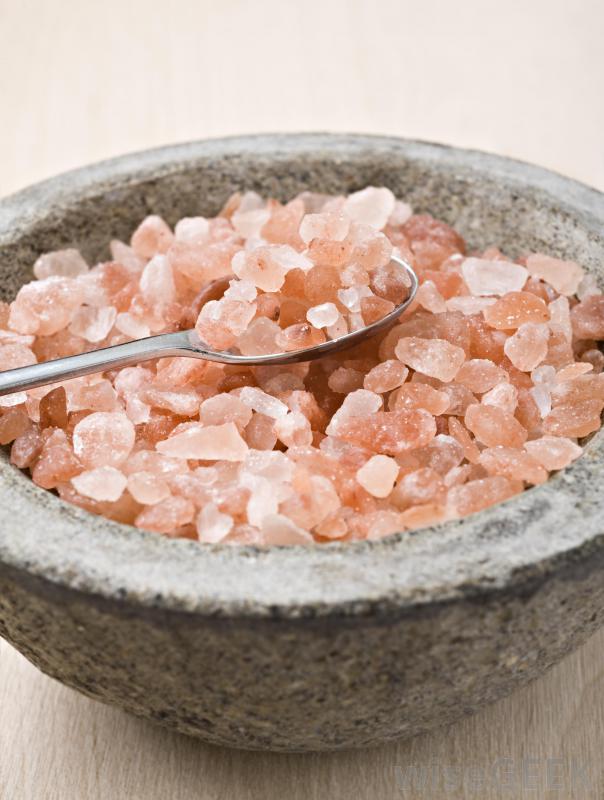
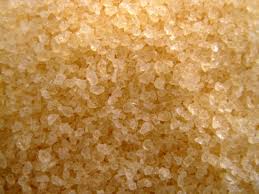

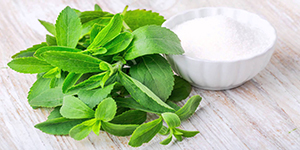

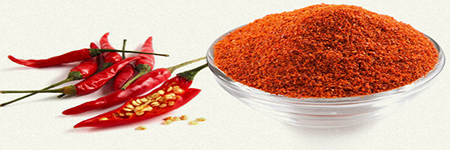
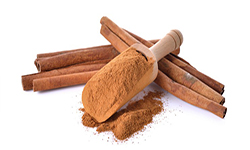
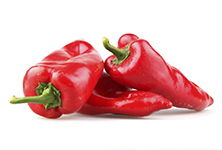








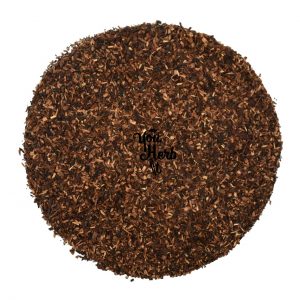
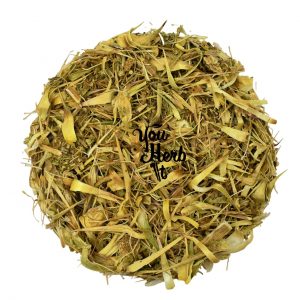
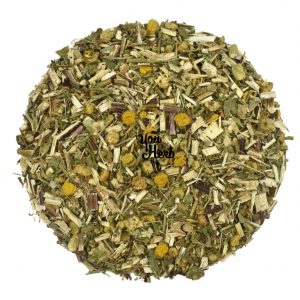
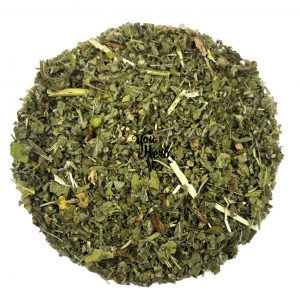
Reviews
There are no reviews yet.